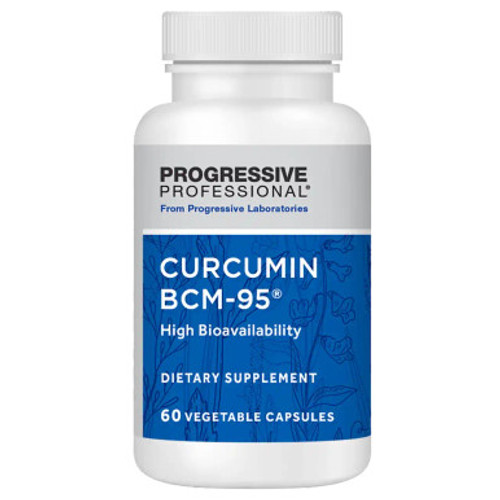Xymogen CurcuPlex 95 – Advanced Turmeric Extract for Antioxidant & Joint Support
Xymogen CurcuPlex 95 is a high-potency turmeric extract designed to support antioxidant activity, joint comfort, immune modulation, and cellular health. This scientifically advanced formula contains 95% total curcuminoids to help neutralize free radicals, support healthy inflammatory balance, and promote organ, brain, and mood wellness.
CurcuPlex 95 Benefits
- Provides powerful antioxidant and cell-protective support
- Helps relieve minor pain associated with physical activity
- Supports joint flexibility and musculoskeletal comfort
- Promotes healthy cytokine signaling and immune system modulation
- Aids in maintaining healthy mood and cognitive function
How CurcuPlex 95 Works
CurcuPlex 95 delivers 500 mg of turmeric extract standardized to 95% total curcuminoids, including curcumin, curcuminoids, and essential oils. This concentration targets multiple pathways in the body to reduce oxidative stressand support a healthy inflammatory response. By modulating cytokine production, CurcuPlex 95 contributes to balanced immune signaling and supports cellular integrity across multiple systems. With minimal reported side effects, CurcuPlex 95 is a safe, natural solution for ongoing antioxidant and joint support.
Who Should Use CurcuPlex 95
- Individuals seeking natural support for joint, bone, and skin health
- Those looking to reduce inflammation and oxidative stress
- People recovering from physical activity or exercise-related discomfort
- Anyone aiming to support mood balance and cognitive function
- Individuals wanting to enhance immune system resilience naturally
Supplements support your health but do not replace a balanced diet. Always check with your healthcare practitioner if you have doubts about a new supplement. Or, you may book a FREE product consultation at Holistic Health Partners. You may want to look at our other Antioxidant supplements.
Other Ingredients: Capsule (hypromellose and water), dicalcium phosphate, ascorbyl palmitate, silica, carboxymethyl cellulose.
Storage: Keep closed in a cool, dry place out of reach of children.
Does Not Contain: Wheat, gluten, corn, yeast, soy, animal or dairy products, fish, shellfish, peanuts, tree nuts, egg, GMOs, artificial colors, sweeteners, or preservatives.
These statements have not been evaluated by the FDA. This product is not intended to diagnose, treat, cure, or prevent any disease.








